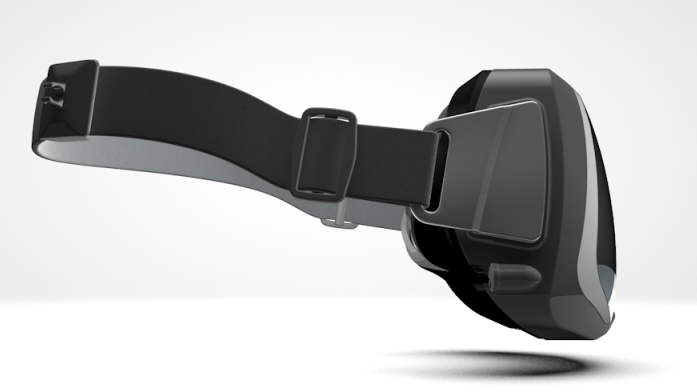Oculus Rift will be affordable to 'pretty much anyone', says creator
'If VR isn't affordable it might as well not exist'

Sign up for breaking news, reviews, opinion, top tech deals, and more.
You are now subscribed
Your newsletter sign-up was successful
Don't expect Oculus Rift to break the bank - the virtual reality headset will be affordable, according to Oculus VR founder Palmer Luckey.
Luckey said that the aim is to make the virtual reality headset as accessible to as many people as possible, and that the company wasn't interested in market research about the "breaking point" for people to buy a VR headset.
"We're not looking to make a rich person's toy, we're not looking to make a research tool," he told GamesIndustry International. "We want to make a consumer VR headset that pretty much anyone can afford."
However there was no indication of cost beyond that, as Luckey said that price is still "to be determined".
Money, money, money
We'd expect affordable to be well below the price of Sony's HMZ-T3W, but how it will fare next to Sony's PS4 virtual reality headset is anyone's guess.
"You can't sell an expensive piece of hardware and expect tons of content to show up," said Luckey. "We're just trying to sell it as cheap as we can while still existing as a company."
He also said that the Crystal Cove prototype, shown off at CES, was quite close to the final product, which is expected to be available later this year.
Sign up for breaking news, reviews, opinion, top tech deals, and more.
"It's going to be better, quite a bit better, but Crystal Cove does have most of the main components," said Luckey. "Things like resolution, the weight and size and tracking quality, the lenses, those are going to improve. But Crystal Cove has all the major pieces."

Hugh Langley is the ex-News Editor of TechRadar. He had written for many magazines and websites including Business Insider, The Telegraph, IGN, Gizmodo, Entrepreneur Magazine, WIRED (UK), TrustedReviews, Business Insider Australia, Business Insider India, Business Insider Singapore, Wareable, The Ambient and more.
Hugh is now a correspondent at Business Insider covering Google and Alphabet, and has the unfortunate distinction of accidentally linking the TechRadar homepage to a rival publication.